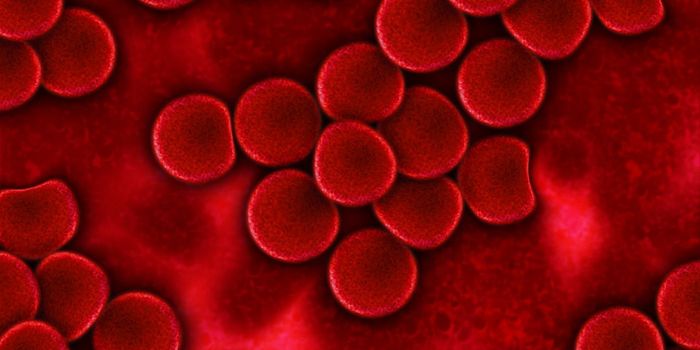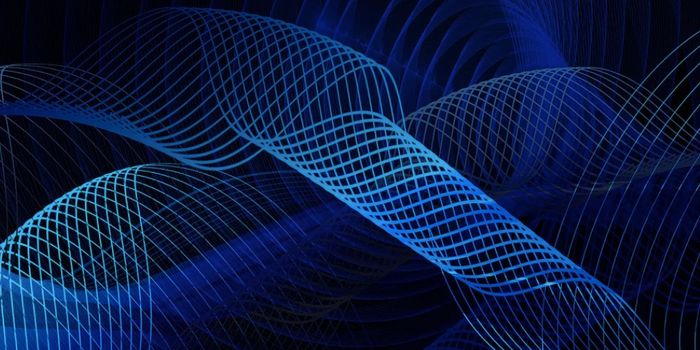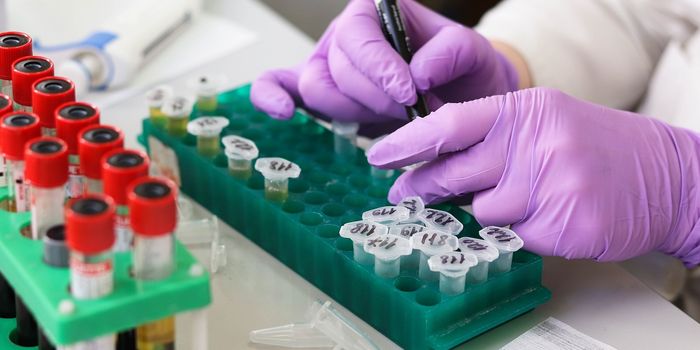AI Can Help Predict Breast Cancer Diagnoses before Mammography
Mammography, an X-ray imaging technique, represents a highly effective method of detecting breast cancer. Receiving regular mammograms can help detect breast cancer at an early stage, with the highest odds of successful treatment.
The American Cancer Society (ACS) recommends all women aged 45 to 54 receive annual mammograms. After age 55, the ACS guidelines suggest all women receive mammograms at least every other year, but depending on personal and demographic risk factors, these women may still receive yearly screening. Similarly, the ACS suggests women aged 40 to 44 should have the option to receive mammograms if they choose to do so.
Recent studies have shown that artificial intelligence (AI) can help diagnose some diseases and disorders (including schizophrenia and diabetes, both recently covered by Labroots). A recent study (also covered by Labroots) showed that AI could diagnose breast cancer with a similar degree of specificity as a person trained to read mammograms.
Another recent study published in the journal Radiology indicates another role for AI in breast cancer diagnostics. The researchers performed a retrospective study as part of BreastScreen Norway, a program run by the Cancer Registry of Norway that invites women aged 50 to 69 for biennial mammograms. The study evaluated image and screening data from exams taking place between 2004 and 2019.
The mammogram screenings from women later diagnosed with breast cancer received an AI “risk score” on a scale of 1 to 10. Scores between 1 and 7 indicate that AI assigned a low risk of malignancy, and scores of 8 or 9 indicate that AI gave an intermediate risk of malignancy. The AI-generated score of 10 signaled a high risk of malignancy.
The researchers considered the mammograms from the screening before breast cancer diagnosis. The study included 2,787 screening exams corresponding to 1,602 women (average age 59 years). The cases included 1,016 screen-detected breast cancers (those discovered by screening) and 586 interval breast cancers (those detected within 18 months of a negative screening exam).
The analysis found that 38.3% of screen-detected and 39.4% of interval breast cancer cases had received an AI risk score of 10 for the previous mammogram screening. When looking at the AI risk score on the mammogram from two screening rounds (4 years) before a screen-detected diagnosis, 23% received a 10 rating.
The study finds that more than one in three cases of breast cancer had the highest AI risk score before diagnosis. These findings suggest that AI could provide a powerful tool to identify individuals at increased risk for developing breast cancer. These individuals may benefit from more frequent mammograms or additional breast exams between mammograms. This data could inform doctors on strategies to increase early diagnosis rates in their patients.









